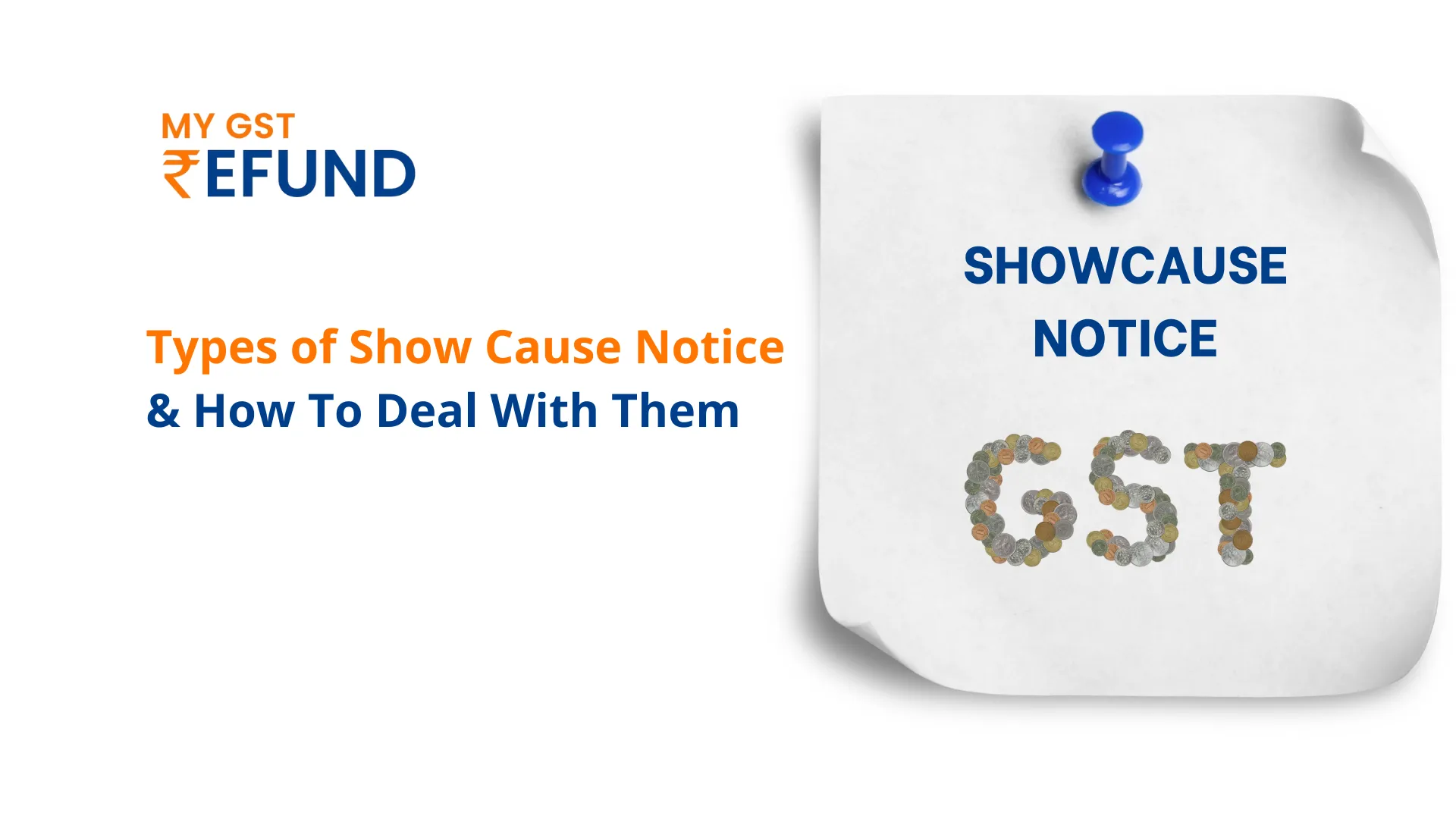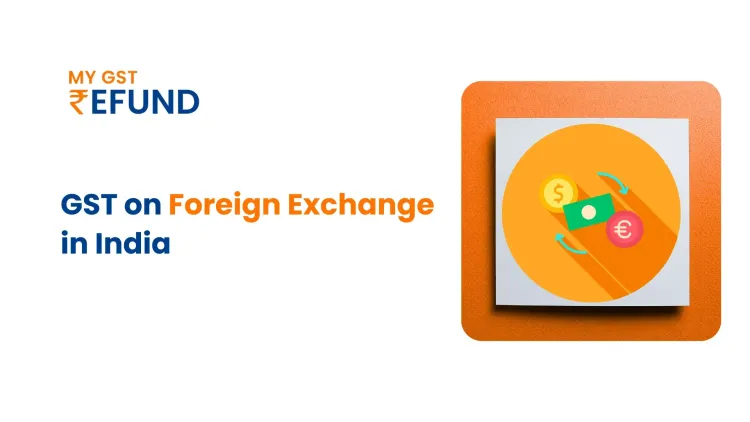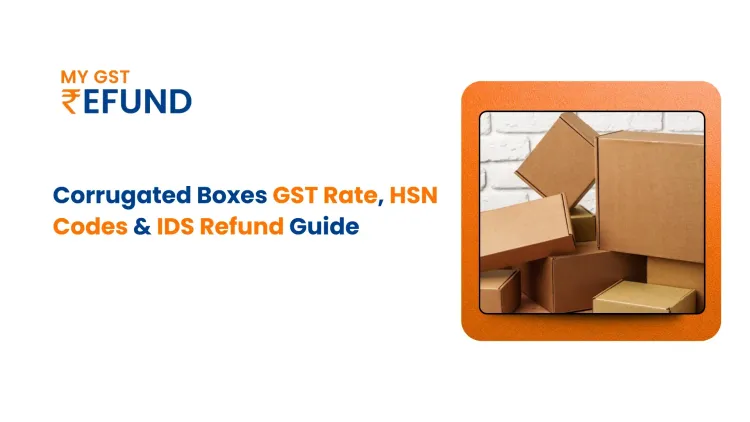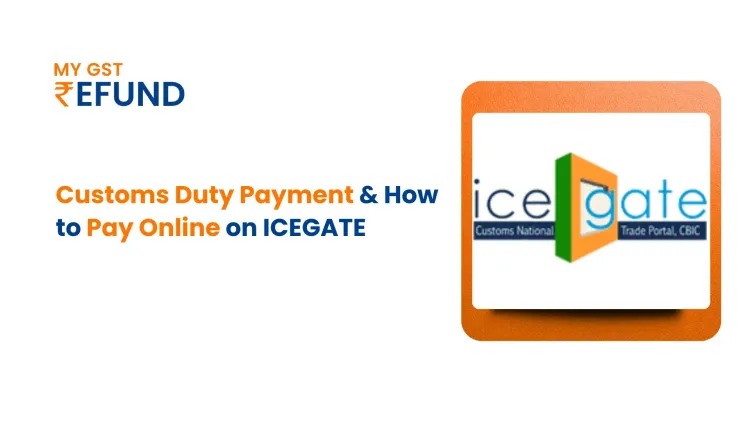Types of Show Cause Notices under GST & Effective Ways to Respond
The Goods and Services Tax (GST) regime is designed to be a self-assessment tax system, where taxpayers are responsible for determining and paying their tax liabilities. This places the onus of compliance on businesses and individuals, requiring them to accurately assess and remit taxes in a timely manner. However, errors can occur whether intentional or unintentional leading to incorrect tax payments.
In such cases, If the tax authorities believe that the taxpayer has failed to correctly determine their tax liability whether due to negligence, incorrect interpretation, or deliberate evasion. They have the authority to issue a Show Cause Notice (SCN). The SCN is a formal document issued by a "proper officer" (an officer authorized by the GST law) asking the taxpayer to explain why they should not be held liable for the discrepancies identified.
Provisions under which show cause notice can be issued
1. Section 73 of CGST Act
Under Section 73 of the GST Act, SCN can be issued when tax is not paid, short-paid, erroneously refunded, or when Input Tax Credit (ITC) is wrongly availed or utilized due to reasons other then other than fraud or any wilful-misstatement or suppression of facts (genuine or bona fide mistakes). These mistakes may occur without any intention of evading tax, and the SCN provides taxpayers an opportunity to explain and rectify such errors.
2. Section 74 of CGST Act
SCN can be issued under this provision in situations where tax evasion occurs due to fraud, wilful mis-statements, or suppression of facts with the intent to evade the payment of tax. This section provides the legal framework for the tax authorities to demand and recover taxes in cases where taxpayers deliberately engage in activities designed to evade their tax liabilities. Section 74 focuses on more serious offenses where there is fraudulent intent or purposeful withholding of information.
3. Section 74A of CGST Act
1. 2(91) Of CGST Act,2017
Situations where this section can be attracted. Tax not paid, Short paid, erroneous refund, ITC wrongly availed, utilized. Interesting part to observe here is that there is no mention of declaring in notice whether it is fraud case or non-fraud case.
4. Section 76 of CGST Act
Section 76 deals with taxes earned but not paid to the government. Under the GST Acts, any amount collected "as tax" must be refunded to the government immediately, regardless of whether the transactions were taxable.
In that case, the Proper Officer may issue a GST SCN to the person obligated to pay the amount, requiring them to justify why the specified amount was not paid. They must also demonstrate why a penalty of the same amount should not be imposed on them under the provisions of this Section.
5. Section 129 of CGST Act
SCN under this section is issued when the proper officer has reason to believe that any person is transporting or storing goods in contravention of the provisions of the CGST Act. In such cases, all goods, the conveyance used to transport them, and any related documents may be detained and seized.
Show Cause notice and its components
- A ‘show cause notice’ is an official communication issued to a person, requiring them to provide an explanation regarding a specific issue, usually related to misconduct or breach of rules. It is typically issued by a court, competent authority, or organization, asking the recipient to justify why disciplinary action should not be taken against them for incidents such as violations, poor performance, or other wrongdoing. Ingredients of a valid show cause notice shall include Introduction of the case, Legal frame work, Factual statement and appreciation of evidence, Discussion, facts and legal frame work, discussion on limitation, calculation of duty and other amounts due, Statement of charges and Authority to adjudicate.
Once show cause notice is issued, it shall comprise of necessary details, which shall be considered against the assessee while filing reply. If show cause notice is not issued with adequate particulars, then the same shall not sustain nor subsequent order passed from it. Also, merely mentioning provisions which are Violed is not enough. Mentioning factual situations that are violating such provisions is also necessary. Non-mentioning such factual situations will not give the assessee a proper opportunity to reply and will ultimately violate the principles of natural justice.
2. Circular No. 1053/02/2017-Cx Dated 10th March, 2017
3.Tvl. Orange Sorting Machines (India) Private Limited Versus Assistant Commissioner Coimbatore, 2024 (6) TMI 1237 - Madras High Court
- In cases where show cause notice is issued under Section 74 of the CGST Act, it shall comprise facts that portray the assessee's intention of fraud, wilful misstatement and suppression of facts. If SCN is issued without mentioning details of facts which reflects intent of fraud, wilful misstatement and suppression of facts lacks basic ingredients and therefore was liable to be quashed. SCN must mention every ground on which demand must be raised. No additional demand can be raised in impugned order subsequent to SCN issued.
Procedure For Issuance of Show Cause Notice
- The procedure for issuing a Show cause notice under Sections 73 and 74 of the CGST Act begins with the Pre-show cause notice Stage. This stage involves an optional pre-consultation where the taxpayer can engage with the tax authorities before the formal SCN is issued. Till October 15,2020 it was mandatory for department to issue summary in Part A of Form DRC-01A because the phrase “Proper officer shall” was used in Rule 142(1A) of CGST Rules,2017. But after, October 15,2020 the phrase “Proper officer shall” was substituted with “Proper officer may” in the same rule. This change resulted in removal of mandate of issuing summary in DRC-01A and it became discretion of proper officer. If the tax liability is accepted, the taxpayer must make the payment through Form DRC-03. Once the payment is made, the taxpayer will receive an acknowledgment of payment via Form DRC-04. If the payment is made and the issue is resolved, the proceedings can be closed without the issuance of an SCN.
- If tax liability is not accepted then the SCN Stage begins when the tax authorities issue the SCN under Sections 73 or 74. The proper officer is responsible for ensuring that the SCN is issued within the prescribed timelines and served to the assessee. This formal notice outlines the grounds for the tax demand and provides the taxpayer with an opportunity to respond. Service of the SCN must be carried out through valid modes, such as physical delivery or electronic means, to ensure it reaches the taxpayer effectively.
4.Nice Enterprises Versus The Deputy Commissioner , 2024 (9) TMI 98 - Telangana High Court
5.Hcl Infotech Ltd Versus Commissioner, 2024 (9) TMI 1644 - Allahabad High Court
6.Tvl. Senthil Hardwares Versus The State Tax Officer Thanjavur, 2024 (10) TMI 944 - Madras High Court
7.Notification No. 79/2020 – Central Tax, 15th October, 2020
8.Rule 142(2) Of CGST Rules, 2017
- After the SCN is issued, the Post-SCN Stage involves basic checks to ensure compliance with the procedure. The SCN should be issued within the prescribed time frame, by the proper officer, and served through appropriate channels. The taxpayer has the right to file objections to the SCN, which should be done in Part B of Form DRC-01A. Additionally, the taxpayer is granted an opportunity to present their case, especially when a negative order is being contemplated. If order is passed without providing an opportunity of being heard to taxpayer then same shall be set aside. Once the taxpayer’s submissions are considered, the proper officer will issue a final order, determining the tax liability and any penalties, based on the information presented during the proceedings. If submissions filed by assessee are not considered then both SCN and impugned order are liable to be quashed.
- Failure to respond to a GST notice within the specified time frame will result in penalties and additional charges under the GST Act of 2017. Additionally, taxpayers have the option to authorize a representative, such as a chartered accountant, to handle the GST notifications on their behalf through an authorization letter.
Writ Jurisdiction in Cases of Show Cause Notice
Hon’ble Supreme Court in the case of Whirlpool Corporation explained that writ petitions may be entertained against the show cause notices where the Petitioner seeks enforcement of any of the fundamental rights, where there is a violation of the principles of natural justice; or where the order or proceedings are wholly without jurisdiction, or vires of the Act is challenged. SCN cannot be directly challenged in High Court when certain issues within SCN are debatable and requires consideration of factual aspects.
Further in case of Coastal Container Transporters Association the Hon’ble Supreme Court held that where the case was neither of lack of jurisdiction nor any violation of principles of natural justice, the High Court ought not to have entertained the writ petition at the stage of notice. Court held that when there is a serious dispute concerning the classification of service, the respondents ought to have responded to the show cause notices by placing material in support of their stand.
9.Section 169 Of CGST Act, 2017
10.Rule 142(2a) Of CGST Rules, 2017
11.Section 75(4) Of CGST Act, 2017
12.Tvl. Tirupathi Packaging, Represented By Its Proprietor, R. Venkatesh Kannan Versus The Deputy State Tax Officer-2, 2024 (7) TMI 600 - Madras High Court
13.Samsung India Electronics Private Limited Versus Union of India, 2024 (5) TMI 1306 - Delhi High Court
14.Whirlpool Corporation Versus Registrar of Trade Marks, Mumbai & Ors. - 1998 (10) TMI 510 - Supreme Court
Validity Of Show cause notice
A taxpayer when receives any show cause notice shall consider various factors while determining whether the show cause notice is valid or not. Some of the key factors for determining validity of show cause notice are mentioned ahead. Jurisdiction of Proper Officer issuing SCN, Taxpayer shall ensure that the proper officer must have authority to issue SCN of demand mentioned in the SCN as clarified by CBIC.
After going through jurisdiction of proper officer, SCN shall be issued in proper form. SCN not issued in proper form is void in nature in case where the notice was issued in Form GST REG-31 instead of required Form GST REG-17. SCN was considered as void in nature in cases where company became non-existent after case of amalgamation. SCN is issued to a company after amalgamation then the same will not be valid and will be quashed. Single SCN issued for multiple assessment years will not be a valid SCN and will liable to be quashed.. There are various other scenarios wherein several High Courts have held the SCN’s to be void and invalid.
In cases of SCN issued under Section 129 of CGST Act, It shall be duly issued to consignor or consignee. If SCN is issued to driver of the consignment, It will not be considered a valid SCN and will be quashed. CBIC also clarified certain cases wherein proceedings under section 129 of the CGST Act cannot be initiated such as spelling mistakes in name of consignor or consignee, error in PIN code, error in one-two digits of document number, Error in vehicle number or Error in HSN mentioner but first 2-digits are correct and rate of tax mentioned is also correct.
Conclusion
In conclusion, the issuance of Show cause notice plays a vital role in the GST enforcement system, addressing discrepancies in tax payments, input tax credits, or compliance issues. Taxpayers must ensure the SCN is valid by confirming the jurisdiction of the issuing officer, ensuring correct formatting, and verifying that it is issued to the right party. A clear understanding of the provisions under Sections 73, 74, 74A, 76, and 129 of the CGST Act, along with prompt and appropriate responses to the SCN, is essential for taxpayers to resolve disputes efficiently and avoid further legal complications or penalties.
In the case of a Show Cause Notice, proper guidance and expertise are important for ensuring that one compliance and does not invite any penalties. At MyGST Refund, specialize in GST-related matters, including compliance with a Show Cause Notice. Our team of experts ensures that your responses are well-drafted, accurate and compliant with GST laws. By using automated tools and personalized services, we make the process smooth and hassle-free. Whether it's GST refunds, GST litigation, or technical replies, MyGST Refund is your go-to partner for all GST refund and compliance needs.
Related Posts








